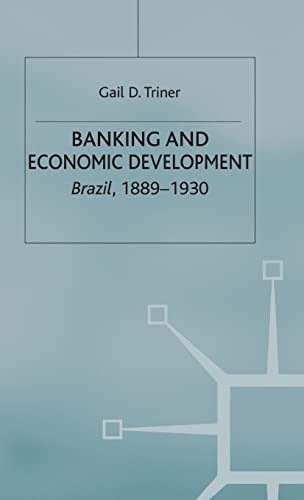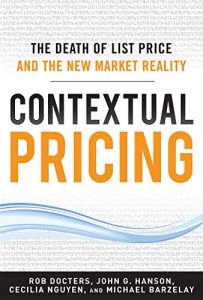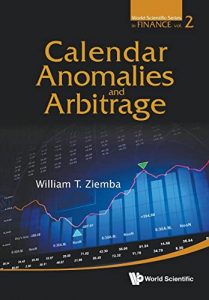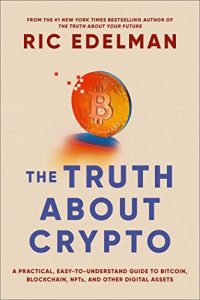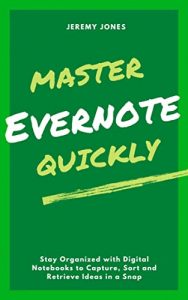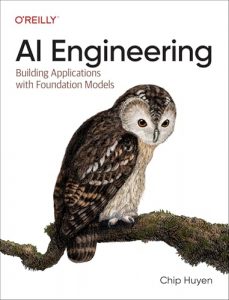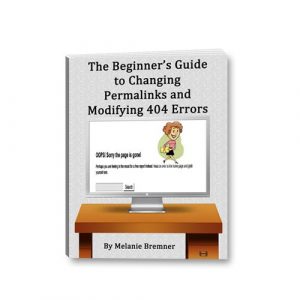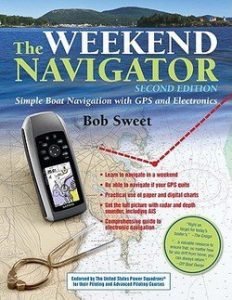1. Banking and Economic Development: Brazil, 1889-1930
This book by G. Triner explores the evolution of Brazil’s banking sector during a pivotal era in its economic history. It’s a thorough analysis that uncovers how financial institutions shaped Brazil’s economic landscape from 1889 to 1930. Readers will appreciate the meticulous research that informs the discussion around banking practices and policies of that time, enabling a deeper understanding of how these elements influenced the country’s development trajectory. If you have an interest in how banking ties in with broader economic strategies, this title is a must-read.

2. The World’s Banker: A Story of Failed States, Financial Crises, and the Wealth and Poverty of Nations
In this gripping narrative, Sebastian Mallaby delves into the complexities of global financial systems and their effects on developing nations. This book elucidates the forces that create wealth and poverty worldwide, making it essential for anyone who seeks to grasp the link between finance and global stability. With engaging storytelling, Mallaby brings to light key case studies and intricate financial mechanisms, empowering readers with knowledge about the past and present challenges facing fragile economies.

3. A History of Banking in Antebellum America
Howard Bodenhorn’s work provides a deep dive into America’s banking landscape before the Civil War. This scholarly piece not only discusses financial markets but also places them against the vital backdrop of nation-building in the early United States. Readers will find Bodenhorn’s analysis of economic development and banking practices during this formative period enlightening and pertinent, particularly for those interested in American history and the evolution of financial systems.

4. Banking on Beijing: The Aims and Impacts of China’s Overseas Development Program
This comprehensive analysis by a team of authors shines a light on China’s overseas development program and its implications for global finance. Dreher and his colleagues critically evaluate how China’s financial outreach affects developing economies and their financial independence. This book is ideal for those interested in understanding the interplay between global banking practices and geopolitical strategies, offering insights into the multifaceted effects of foreign investments.

5. BANKING AND INSURANCE (THE INDIAN SCENARIO)
Dr. K P Balraj provides a critical examination of banking and insurance in the Indian context, especially looking at how these sectors contribute to economic development. The book discusses the impact of global economic changes on Indian banking practices, making it a relevant resource for understanding the current economic landscape. This insightful work will appeal to anyone looking to grasp recent developments in Indian banking and its international interactions.

6. Treasury Finance and Development Banking
This personal guide by Biagio Mazzi presents insightful techniques and principles of treasury finance and development banking that are practical for modern finance practitioners. By addressing credit risk and debt management from a developmental perspective, Mazzi provides readers with tools to navigate complex financial landscapes. It’s an essential read for finance professionals looking to enhance their understanding of risk in development banking.

7. Visions of Financial Order
Kim Pernell’s examination of national institutions and banking regulation provides a critical lens on how financial regulations are formed and enforced globally. This book is indispensable for anyone wanting to understand the balance between market demands and regulatory frameworks, especially in an increasingly interconnected world. Pernell’s analysis offers a broader context for the importance of regulation in the development of robust financial systems.

8. Green and Sustainable Finance
Simon Thompson addresses the pressing need for sustainable finance within banking and investment practices in this fascinating read. For those concerned about the environmental impacts of financial decisions, this book provides insights into how traditional finance can evolve to meet sustainability goals. It’s an essential title for finance professionals and eco-conscious readers alike, who are keen to explore the future of finance through a green lens.

9. Banking on Change: The Leader’s Guide to Achieving Exponential Growth in the Age of AI
James Robert Lay’s book provides invaluable insights for leaders seeking to adapt their banking strategies in the rapidly evolving landscape driven by Artificial Intelligence. By focusing on adaptation and innovation, Lay equips readers with the knowledge required to thrive in an increasingly automated world. This book is a crucial resource for anyone in financial leadership positions looking to harness AI for growth and efficiency.

10. Community Capitalism: Banking Strategies and Economic Development
Richard P. Taub’s insightful work explores how banking strategies can empower local economies. By focusing on the concept of community capitalism, the book demonstrates how localized banking initiatives can create sustainable economic growth. This compelling read is an absolute must for those interested in community development and the vital role that finance plays in fostering local progress.


